Diarrhea And Breast Feeding
Diarrhea and breast feeding. There is no need to stop breastfeeding if you have diarrhoea but you should be very careful with hand hygiene eg. Anti-Diarrheal Anti-Gas use while Breastfeeding Important. Lack of exclusive breastfeeding among infants 0-5 months of age and no breastfeeding among children 6-23 months of age are associated with increased diarrhea morbidity and mortality in developing countries.
Natural Treatments for Breast-Feeding Moms Become a BRAT for the Next Few Days. In this study we aimed to systematically find the associations between rotavirus diarrhea and breast feeding. Modifying your diet is the easiest and most natural way to treat diarrhea while.
If youre breastfeeding and your child is taking feedings well you do not need to give your child. Treatment Continue Feeding. The bowel movements of the exclusively breastfed baby can seem to be diarrhea The bowel movements of exclusively breastfed babies are often quite loose even watery.
Theoretically breastfeeding and diarrhea shouldnt be connected. You may experience diarrhea and response to some imbalance in your diet especially if you over consume fruit juices or too much fiber. Breastfeeding is ideal rehydration therapy.
For example if you eat a lot of spicy food or sugar desserts one night it might change your breast. The most important thing you can do to treat diarrhea in infants is to continue to feed your baby. Some studies indicated that children with exclusive breast feeding had a reduction in the prevalence of rotavirus diarrhea while some others held the opposite views.
Furthermore they can be frequent 7 or 8 times or even more in a day is not rare and can. For an infant or toddler continued breastfeeding during and following an episode of diarrhea significantly reduces the risk of dehydration and prevents weight loss and malnutrition. Talk to Your Doctor.
Many moms experience to have a fever as well once they start breastfeeding. Perhaps a virus bacteria or parasite.
There is no need to stop breastfeeding if you have diarrhoea but you should be very careful with hand hygiene eg.
Studies in Peru India and Nigeria have shown that breast-feeding can be continued during diarrhoea when the infants often refuse other foods specially non-human milk. Anti-Diarrheal Anti-Gas use while Breastfeeding Important. Continued breastfeeding during diarrhea as well as increased feeding after an episode significantly reduces risk of dehydration mitigates loss of weight and promotes increased weight gain. When infants do experience diarrhea severe dehydration can occur quickly. Furthermore they can be frequent 7 or 8 times or even more in a day is not rare and can. Exclusive breastfeeding protects infants against travelers diarrhea. Many moms experience to have a fever as well once they start breastfeeding. Talk to Your Doctor. In fact a nursing mother with diarrhea believed to have been caused by food or water sources should be encouraged to increase the frequency of breastfeeding while significantly increasing her own fluid intake.
Some other versions of the popular bland regimen are BRAT-T which adds tea or BRAT-Y which adds. If youre breastfeeding and your child is taking feedings well you do not need to give your child. Treatment Continue Feeding. Thus breast-feeding is important in providing necessary calories and protein during a time when a loss of appetite for other foods is common. Lack of exclusive breastfeeding among infants 0-5 months of age and no breastfeeding among children 6-23 months of age are associated with increased diarrhea morbidity and mortality in developing countries. Perhaps a virus bacteria or parasite. Studies in Peru India and Nigeria have shown that breast-feeding can be continued during diarrhoea when the infants often refuse other foods specially non-human milk.
/diarrhea-in-the-breastfed-baby-431632-v1-5c01932a46e0fb0001cbf7ac.png)
.jpg)
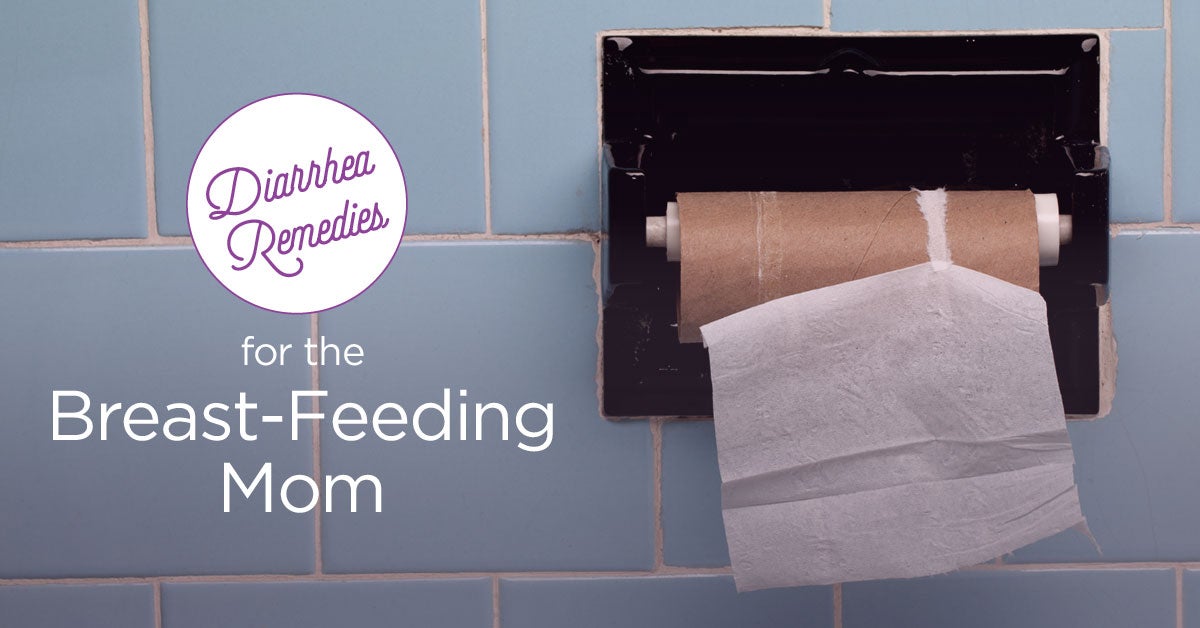








.jpeg)

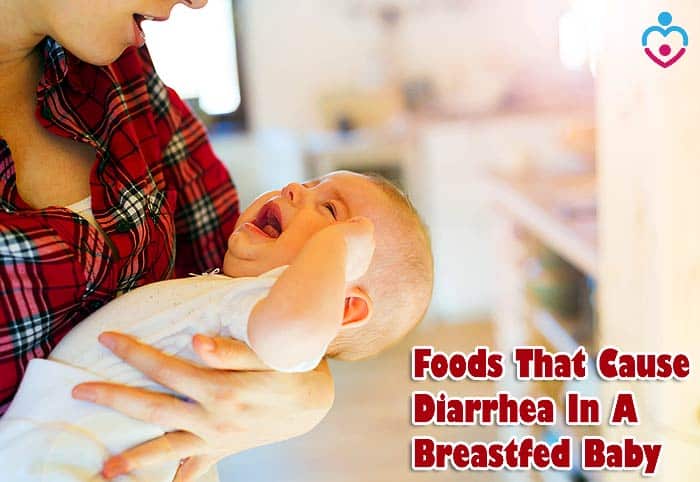

/can-you-mix-breast-milk-and-infant-formula-431969-v1-e556de8c13a8424aa499922622079041.png)






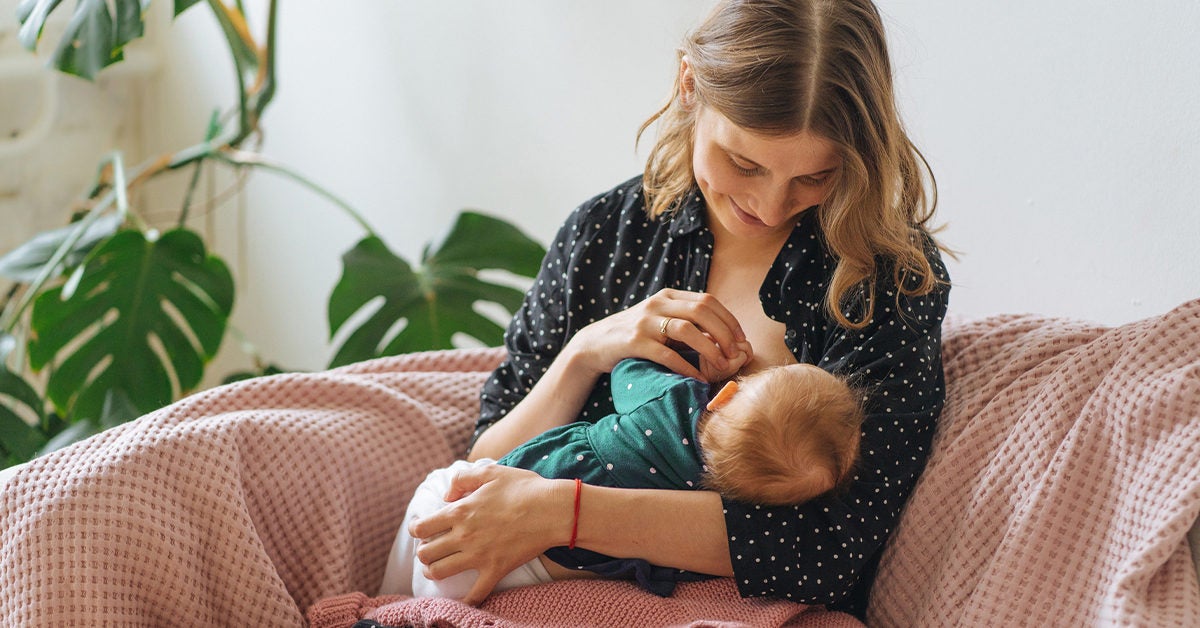
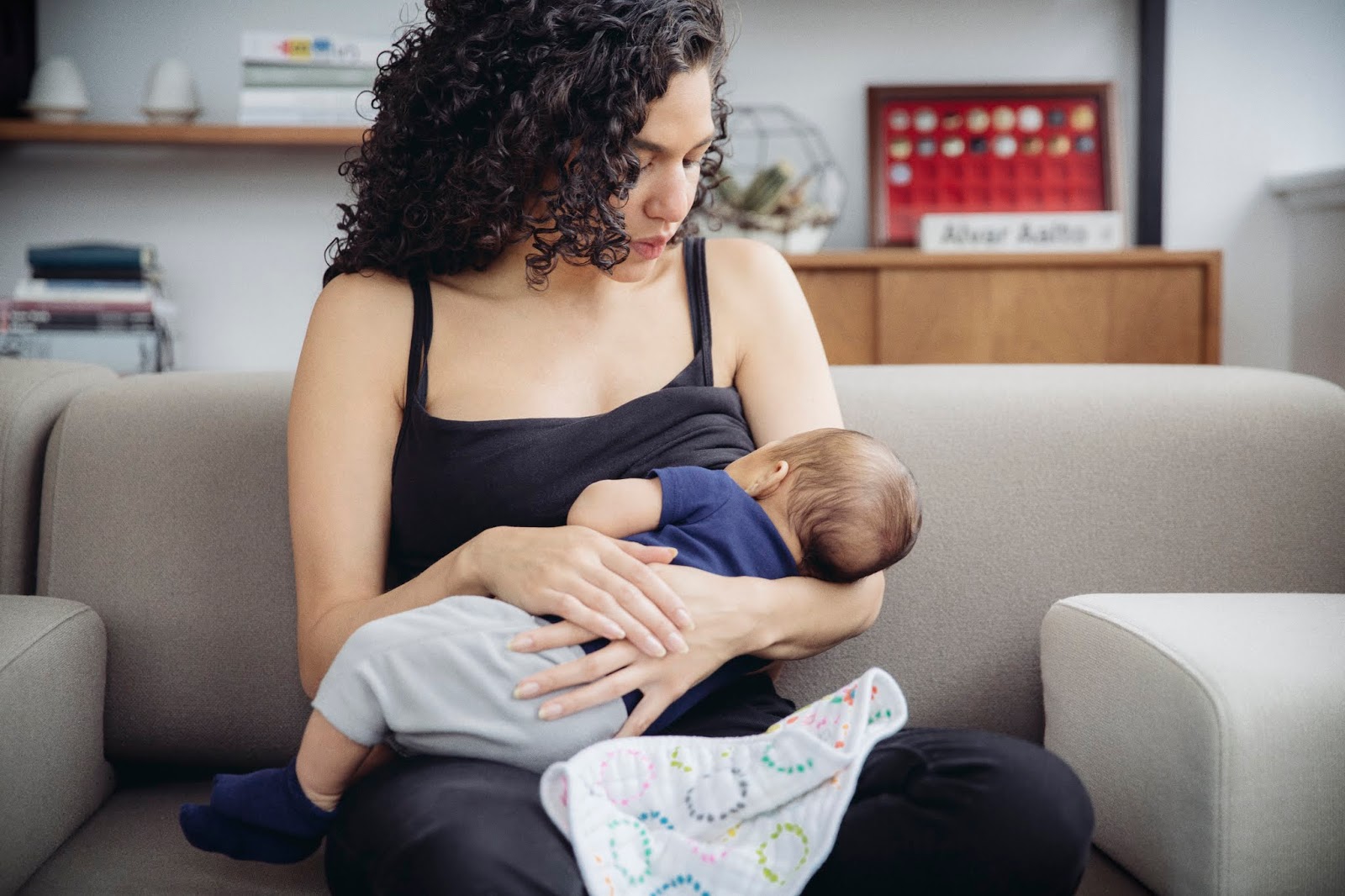
:max_bytes(150000):strip_icc()/can-you-mix-breast-milk-and-infant-formula-431969-v1-e556de8c13a8424aa499922622079041.png)








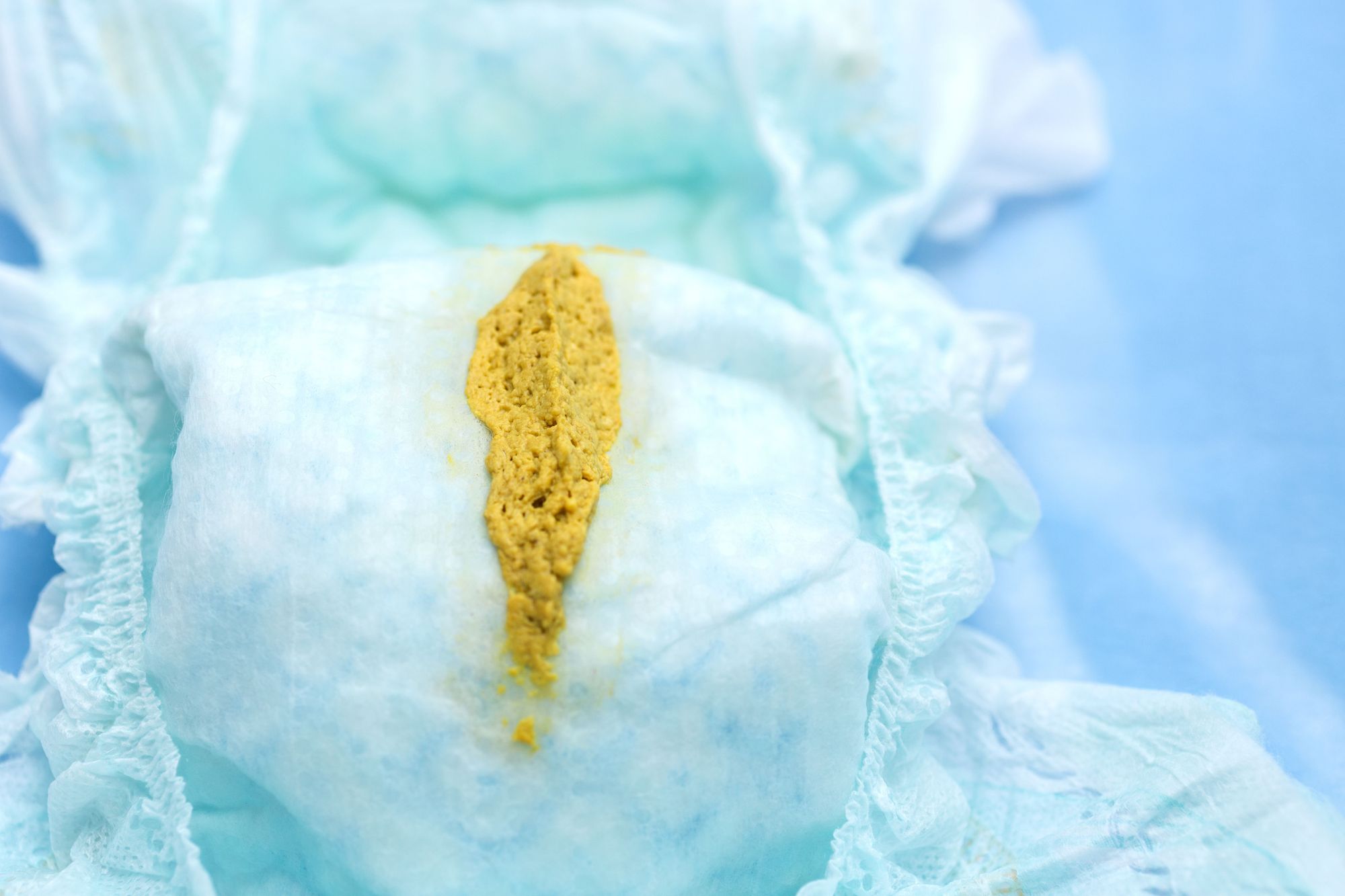






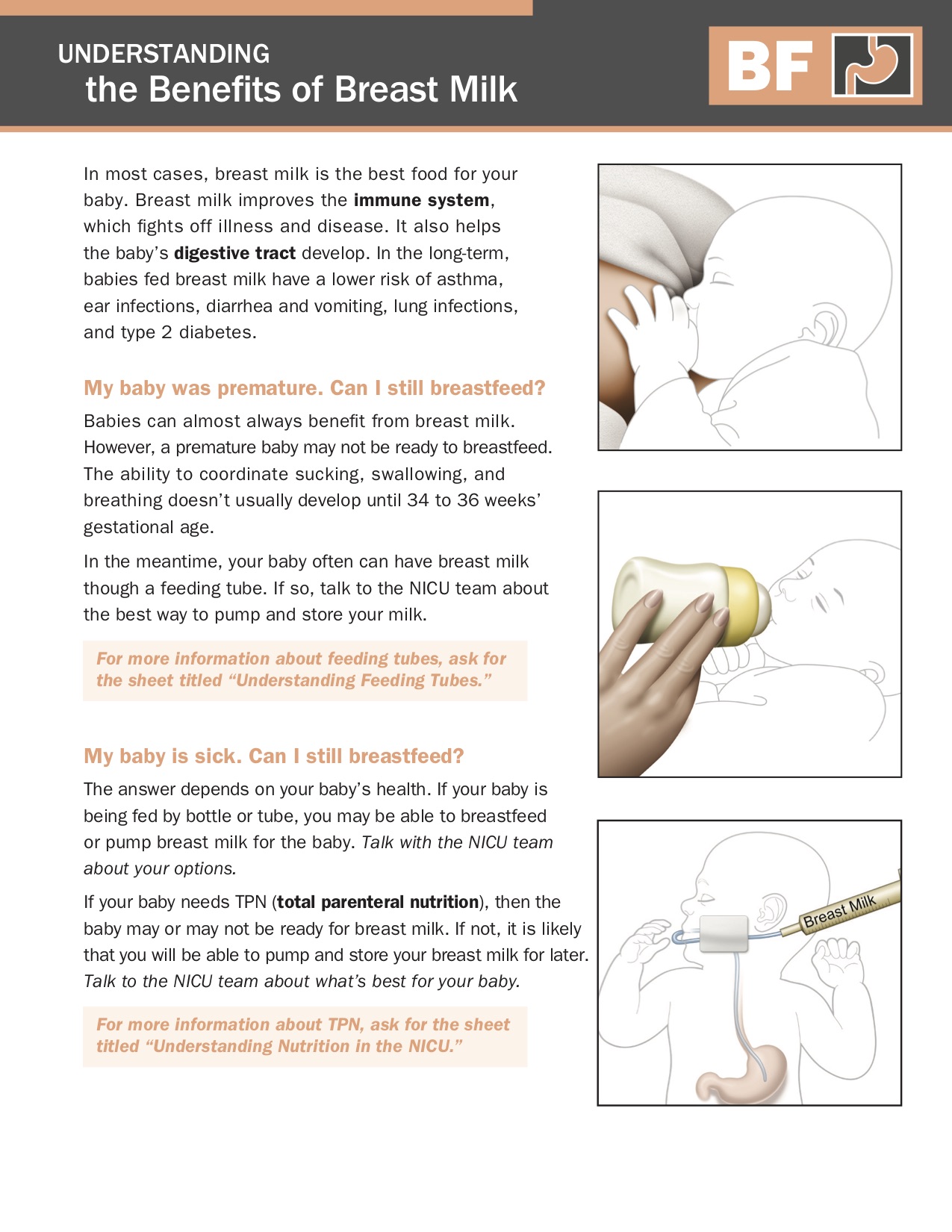

Post a Comment for "Diarrhea And Breast Feeding"